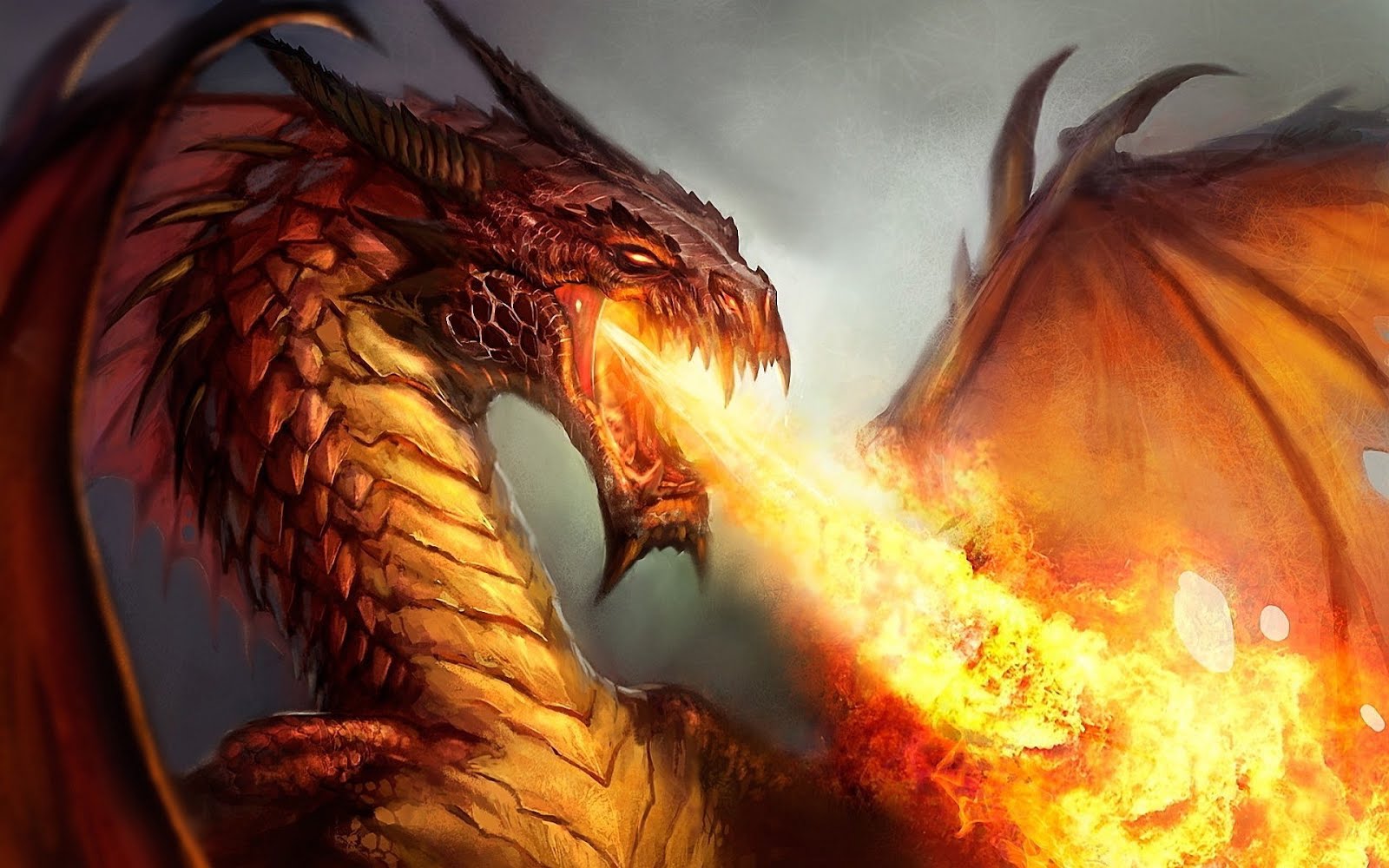BACKGROUND
The word picturesque refers to an ideal type of landscape that has an artistic appeal, in that it is beautiful but also with some elements of wildness. Interest in landscape painting and in looking at the landscape itself grew rapidly through the second half of the eighteenth century.
The word picturesque refers to an ideal type of landscape that has an artistic appeal, in that it is beautiful but also with some elements of wildness. Interest in landscape painting and in looking at the landscape itself grew rapidly through the second half of the eighteenth century.
Definitions of types of landscape or view, seen from an aesthetic or artistic point of view, followed. At one extreme was the sublime (awesome sights such as great mountains) at the other the beautiful, the most peaceful, even pretty sights. In between came the picturesque, views seen as being artistic but containing elements of wildness or irregularity.
The theory of the picturesque was developed by writers William Gilpin (Observations on the River Wye 1770) and Uvedale Price, who in 1794 published An Essay on the Picturesque as Compared with the Sublime and Beautiful.
OVERVIEW
The following project will allow you to hone your digital artistic skills by allowing you to be creative in your interpretation of an existing photograph or image, and re-creating it by your own hand. Additionally, you will be required to remove the background of images downloaded from the internet, and use them as part of a larger project.
The theory of the picturesque was developed by writers William Gilpin (Observations on the River Wye 1770) and Uvedale Price, who in 1794 published An Essay on the Picturesque as Compared with the Sublime and Beautiful.
OVERVIEW
The following project will allow you to hone your digital artistic skills by allowing you to be creative in your interpretation of an existing photograph or image, and re-creating it by your own hand. Additionally, you will be required to remove the background of images downloaded from the internet, and use them as part of a larger project.
(❗️) PROJECT / ASSIGNMENT
Students will create an original art piece using skills and tools (SKETCH.IO) from the last lesson. Students will start by finding an image of a landscape that they like online. Once they find the image, they will attempt to re-create it using Sketchpad.IO. As part of the project, students must also identify at least one item used in the recreation, find an image online, and remove the background using REMOVE.BG. The new item, without a background, will be inserted into the new landscape project. Once completed students will need to upload their final project to their Google Drive and SHARE it with Mr. S (harvey.scribner@techfreire.org) for credit. Students should also post this project to the main page of their Student Digital Portfolio (Quarter 1 Project).
YOUR PROJECT MUST INCLUDE THE FOLLOWING
Depth - You must have items/characters in the foreground, middle, and background
Color - You must use more than 6 different colors in your drawing
Shape - Your drawing must include at least 5 different shapes or lines
Building - You must include at least one structure
Remove.BG - You must include at least one image with the background removed
Original Work - You cannot just copy/paste an entire work into the project.
STEP BY STEP
1. Use Google Images to search for a landscape image that interests you.
1. Use Google Images to search for a landscape image that interests you.
2. Download a copy of the image to your Chromebook for reference
3. Open SKETCHPAD.IO and make sure it is connected to your Google Account
4. Click the + to create a new drawing/project and choose the background
5. Try your best to recreate the landscape image you chose with the tools available.
6. Take Your Time (You have today and tomorrow to work on this)
7. Add at least one item that you removed the background on using remove.bg
8. When complete, DOWNLOAD your art to your Chromebook
9. UPLOAD your image to Google Drive and SHARE it with Mr. S for credit.
LEARNING OBJECTIVES
After this lesson students will be able to:
define digital art
discuss the history of digital art
explain how digital art is used today
create some basic examples of digital art
LEARNING OBJECTIVES
After this lesson students will be able to:
define digital art
discuss the history of digital art
explain how digital art is used today
create some basic examples of digital art
CURRICULUM STANDARDS (PA)
CCSS.ELA-Literacy.RH.11-12.4: Determine the meaning of words and phrases as they are used in a text, including analyzing how an author uses and refines the meaning of a key term over the course of a text (e.g., how Madison defines faction in Federalist No. 10).
CCSS.ELA-Literacy.RH.11-12.5: Analyze in detail how a complex primary source is structured, including how key sentences, paragraphs, and larger portions of the text contribute to the whole.
CCSS.ELA-Literacy.RH.11-12.7: Integrate and evaluate multiple sources of information presented in diverse formats and media (e.g., visually, quantitatively, as well as in words) in order to address a question or solve a problem.
MATERIALS
Computers with Internet Access and Sketchpad.IO or similar application
A photo of digital art
REFERENCES
https://www.tate.org.uk/art/art-terms/p/picturesque

No comments:
Post a Comment
Note: Only a member of this blog may post a comment.